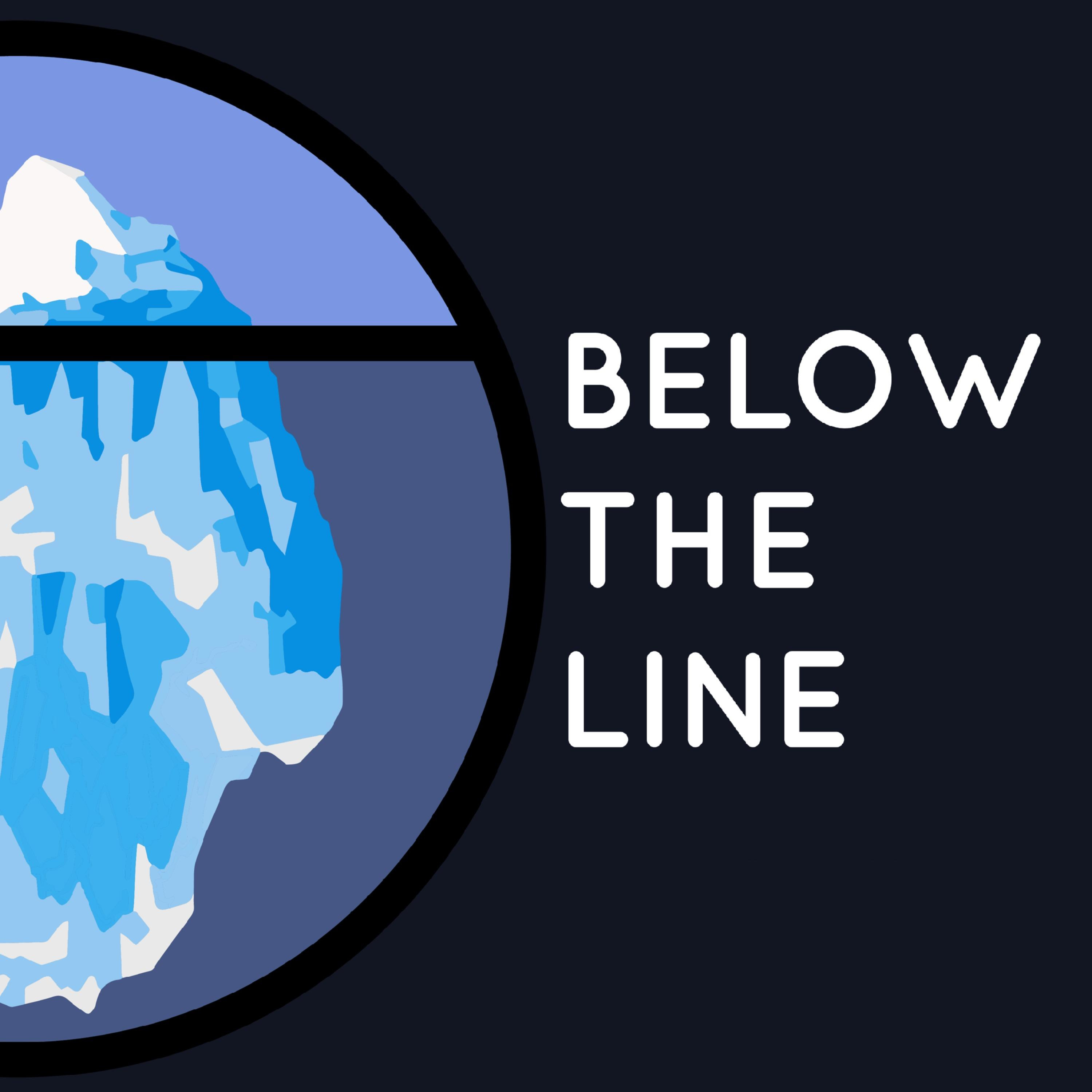There have not been any failure to the Product Hunt as we know it, but they have tried to introduce different categories to be hunted (books,gaming,podcasts) and although the ideas were sound, it was hard to evolve the brand to cover all those niches at the same time, without disrupting the core experience, and doing it well.
Successful product is a combination of a good idea, and how quickly you can figure out that it is in fact a good idea. That's why when things aren't working, teams often try to test a lot of new things knowingly most of them wont work.
The goal post is always moving and success criteria is getting more and more ambitious. A self-funded entrepreneur and a VC-backed startup would also have a very different view of what success looks like.
Control. Your cash flow, your ambitions, and the expectations set for your company's success, that's something you don't have much control over while running a VC-funded startup.
The best VCs will invest into a great idea, but there is no better validation that getting actual users. Even if all you're doing is collecting signup from ads on Facebook, for a product that doesn't exist.
Test the most difficult and riskiest part of your business first. It doesn't help anyone if you validate that easy parts work, if the whole business falls apart when the hard parts don't. You might as well find that out right away.
"Social Network," the movie, has inspired a lot of people to be founders, and although we should continue encouraging entrepreneurship, we should also be more real and recognize that founding a company is hard, and it's a special kind of role. Being a founder is a job and it is not for everyone, much like being a designer, engineer, writer...etc, is not for everyone. Being a founder also takes a significant chunk of your time, money, and sanity among others.
Founder cannot quit their job, unlike their employees. You have to weather through the challenges whether or not you want to.
You might think that starting a company will be liberating, but it might end up quite the opposite. James has a really nice quote on this - “The Difference between a castle and the prison is with whoever holds the key.”
Imagine going years on end, wanting to leave the company, and not being able to because you are responsible for your employees, investments and customers. Turns out more people than you’d like are doing this every day.
Founder's emotional state often reflects the state of their company. When your identity growth with your company and you encounter things that are completely outside of your control, those things affect you emotionally, making you irrational, and an irrational founder is not useful. It is healthy for you as a founder to disassociate yourself from the performance of your company, and from how the world treats it.
Recommended reading: Keep your identity small. by Paul Graham.
The bigger your goals, the longer it takes to achieve them, and ambitious goals should not be easy, by definition. At the same time it's important to make sure your goals are challenging, but achievable. Once you set the goals and are working on them, it helps to set check-in times and evaluate your progress. If you are making a lot of progress, perhaps you did not set goals high enough. If you're stuck, maybe it is worth it to scale down.
There is a psychology study that suggest you can attain better performance by either being in a lead, or a first follower, when the distance between the 1st and the 2nd player is very close, thus pushing both for a fierce competition. But is that really healthy?
Startups are a multi-year adventure and although being driven by a competition might work for a sport, in a short run, is it really possible to keep this pace over many years? Some founders suggest it is not. Jason Fried, the founder of Basecamp, went as far as suggesting there should be no goals at all.
If people are hating on you, you are doing something right. Don't let them bother you.
The biggest challenge is also one of the biggest appeals. You are never done building a startup, and there is always something else to be done.
Wake up at the same time every day. Setting a rhythm for your body sounds so trivial, so how could it be worth it? Turns out it can be great for removing fatigue and thus helping you deal with stress.
